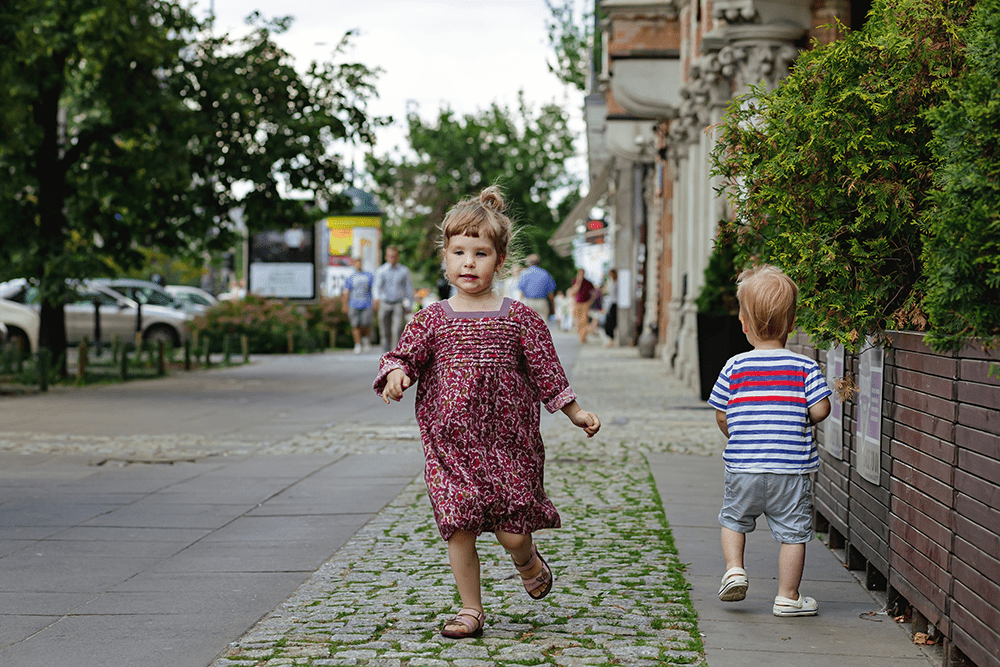Children from lower income households are exposed to unhealthier lifestyles with long term consequences for their health and wellbeing, according to new research from the University of Turin, an ATHLETE partner.

Researchers from the ATHLETE and LifeCycle projects looked at data from more than 60,000 children to better understand the link between socioeconomic position (SEP) at birth and exposures based on their lifestyle and urban environment (the exposome). Socioeconomic position at birth was measured using family income and maternal education level.
The study, published in Social Science & Medicine, found that children from lower socioeconomic backgrounds were breastfed less, ate unhealthier diets, spent more time in front of the TV, and were more frequently exposed to second hand smoke. The children studied came from eleven European cities, and these results remained consistent across different urban contexts.
Addressing health risks due to inequalities
Even before starting school, children with low socioeconomic status are at a disadvantage compared to peers from more affluent backgrounds.
Understanding the relationship between socioeconomic position and the exposome in early childhood is crucial for shaping policies aimed at reducing disparities in exposure to environmental risks and future health outcomes. This understanding helps pinpoint where action is needed and how to best address these inequalities.
"To better protect public health, policymakers should ensure all children have equal access to healthy diets and lifestyles from a young age," says Costanza Pizzi, first author of the study, "Urban environmental inequalities are context specific. Urban planners should adopt a place-based approach that considers the unique environmental risks and disparities in each city."